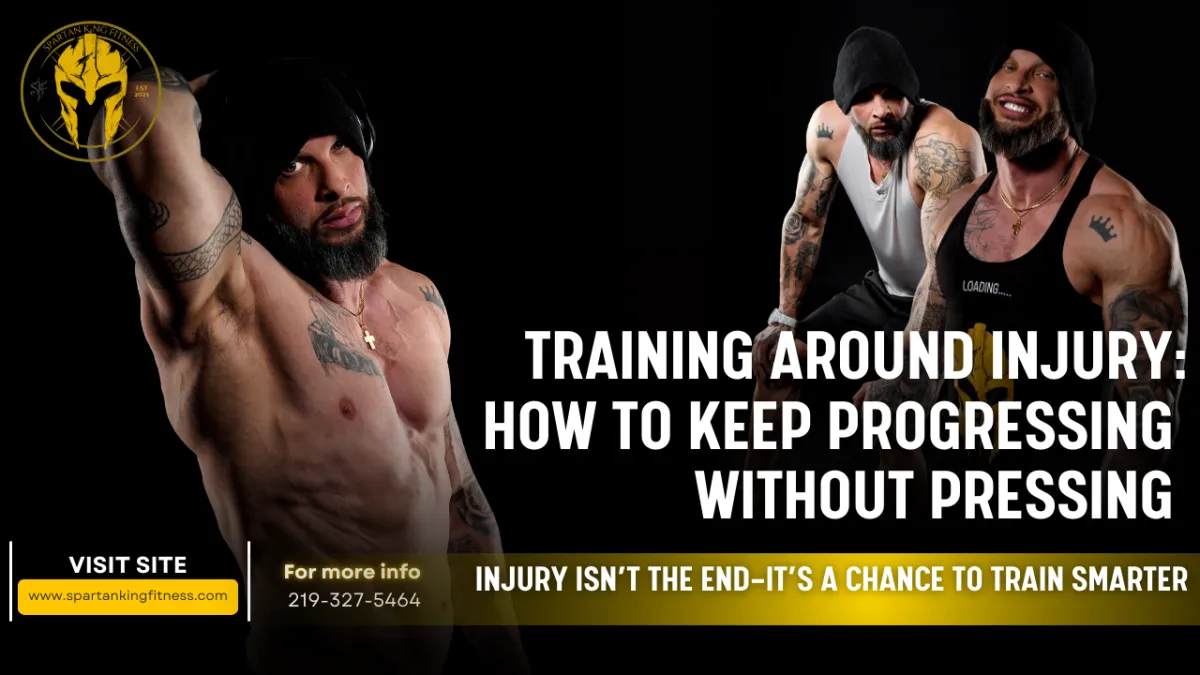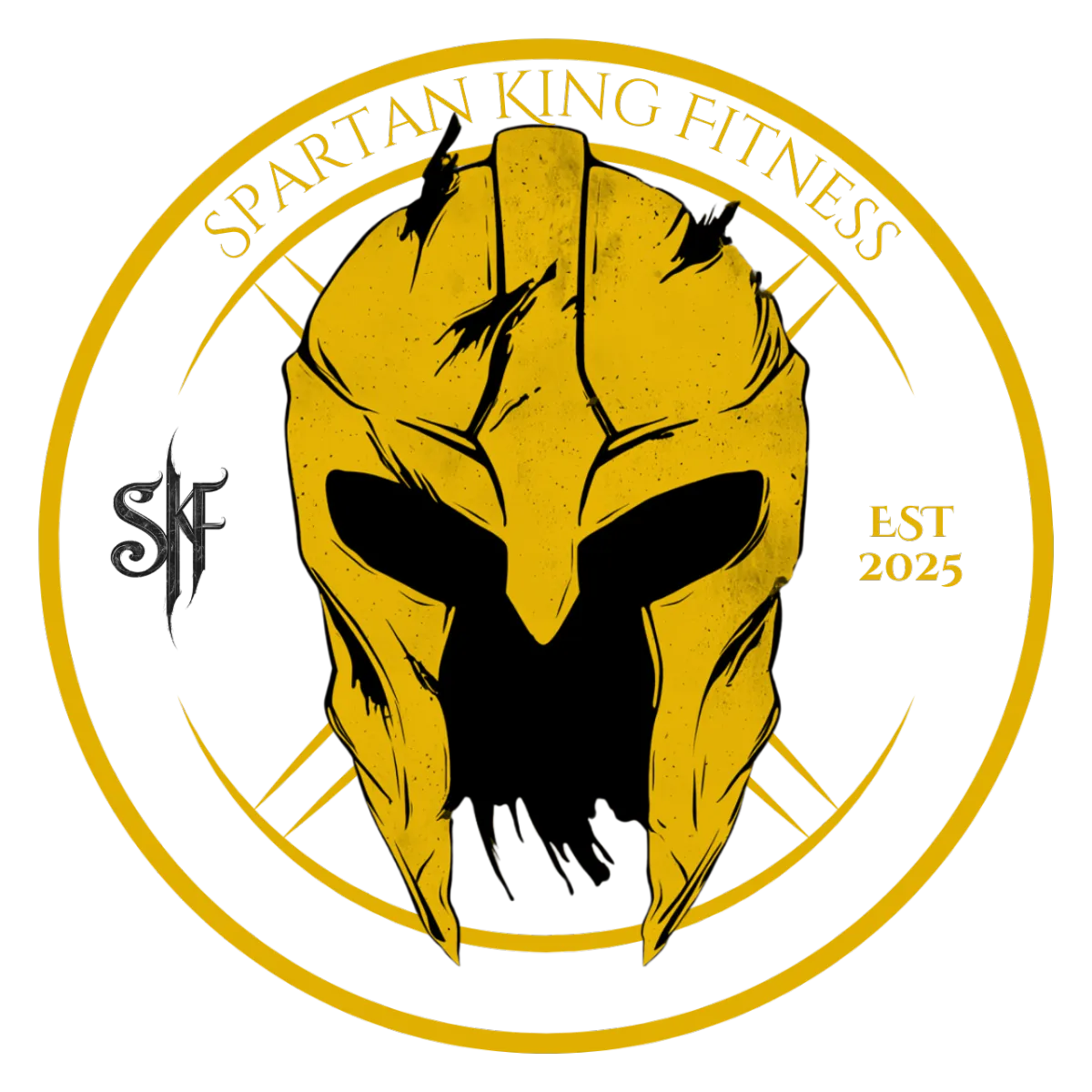BLOGS

Training Around Injury: How to Keep Progressing Without Pressing
"Strength does not come from physical capacity. It comes from an indomitable will." — Mahatma Gandhi
This is for you!
Let’s be real—injuries suck. There’s no sugarcoating it. Whether it's a nagging shoulder, an aching knee, or something more serious, getting sidelined can feel like a punch in the gut. If you’re used to chasing PRs and living in the gym, the frustration is next-level.
Right now, I’m dealing with a shoulder issue that’s taken pressing completely off the table. No bench. No overhead. And yeah—it’s been humbling.
But here’s the silver lining: you can still make progress. You can still build strength, improve your body, and level up your mindset while you’re healing. The key is to adapt, not give up.

Here’s what’s been working for me—and what might help you keep moving forward: 👊
1. Focus on What You Can Do
It’s easy to obsess over what’s off the table, but the real growth happens when you shift your mindset. For me, that meant focusing on pulling movements—rows, pull-ups, rear delt work, and even isometrics. I also doubled down on lower body training. Bulgarian split squats, RDLs, and hip thrusts became staples.
👉 Pro Tip: If pressing is out, let your back and legs carry the torch.
2. Train One Side at a Time (Yes, Really)
Injured on one side? Train the other. It might sound strange, but science backs this up—"cross-education" is a phenomenon where training your non-injured limb helps preserve strength in the injured one.
I’ve been crushing single-arm rows with my good arm, and I’m still seeing solid progress—without aggravating the shoulder.
👉 Pro Tip: Stay functional and strong by staying active, even if it’s one side at a time.
3. Rehab and Mobility Are Real Training
This one took a while to sink in. I used to think mobility work was a warm-up chore, but now I treat it like a real part of the session. I do banded shoulder stretches, scapular stability drills, and work with a lacrosse ball to loosen tight areas.
👉 Pro Tip: The goal isn’t just to recover—it’s to come back stronger and more resilient.
4. Adjust Your Mindset
There’s nothing like injury to force you to slow down and listen to your body. And honestly? That’s a gift. Training through injury is a lesson in patience, awareness, and humility.
Setbacks are part of the process. The iron will always be there—but how you respond to challenges is what separates casual lifters from true athletes.
👉 Pro Tip: Your mindset will carry you further than your max bench ever will.
5. Track Everything—Even the Small Wins
When you’re not doing your “normal” lifts, it’s easy to feel like you’re not doing enough. That’s why tracking matters. Seeing volume increases, rep PRs, or even mobility milestones helps you stay motivated.
👉 Pro Tip: What gets measured gets improved. Keep score—even during the comeback.

Final Thoughts:
Injury isn’t game over—it’s game adjusted. You’re not broken, just rebuilding. 💪
Stay smart, stay patient, and stay in the fight. Growth is still on the table—physically and mentally.
👉 For more recovery hacks and real-talk motivation, visit:
Spartan King Fitness Blog 👑🔥
You’ve got this. 💪🔥⚔️🛡️🏋️♂️🧠


